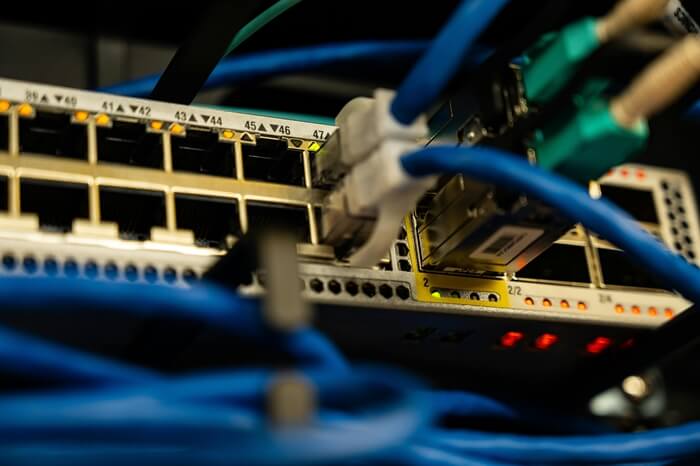What is the Difference Between Internet and Intranet?
November 27, 2023

In today’s digital landscape, ‘internet’ and ‘intranet’ are common terms, yet they represent very different concepts. While they share similarities in basic technology, their purposes, scope, and functionalities differ significantly.
What is the Internet?
- The internet is a vast, global network connecting millions of computers, enabling users to access and share information universally.
- It’s a public resource, accessible to anyone with an internet connection.
Key Features
- Interconnectivity and Reach: It links multiple networks globally, offering unlimited access to information.
- Decentralization: No single entity owns the internet, ensuring its open and democratic nature.
What is the Intranet?
- An intranet is a private network, confined to an organization. It utilizes internet protocols (TCP/IP) but is exclusive to internal users.
- Its accessibility is limited to members of the organization or those with specific access rights.
Key Features
- Privacy and Security: Offers enhanced security for sensitive organizational information.
- Customization: Tailored specifically to meet an organization’s internal needs and structure.
Comparing Internet and Intranet
Differences in Accessibility and Content
- Accessibility: The internet is publicly accessible, while the intranet is a restricted, private network.
- Content: Internet content is diverse and vast; intranet content is specific to organizational needs.
Security Differences
- Internet: Faces more security threats due to its public nature, though various protective measures exist.
- Intranet: Generally more secure, safeguarded by firewalls and internal security protocols.
Use Cases
Internet
- Global Communication: Facilitates communication and social interaction across the world.
- Information Access: Acts as a comprehensive resource for information and knowledge.
- E-Commerce and Business: Drives online shopping, digital marketing, and global business operations.
Intranet
- Internal Communication: Streamlines communication within an organization.
- Document Management: Facilitates secure and efficient handling of internal documents.
- Employee Collaboration: Enhances collaborative efforts on projects and internal initiatives.
Technological Infrastructure
Internet
- Comprised of interconnected networks, servers, and data centers worldwide.
Intranet
- Typically localized within an organization, often integrated with cloud-based services.
Impact on Modern Business
- Internet: Essential for external business operations including marketing, customer outreach, and research.
- Intranet: Vital for improving internal communications, data management, and operational efficiency.
The internet and intranet, while based on similar technologies, serve fundamentally different roles. The internet is a global platform for information exchange and connectivity, open to the public. In contrast, the intranet is a private network, serving the specific needs of an organization. Understanding these differences is key to leveraging their unique capabilities effectively in both personal and professional domains.

